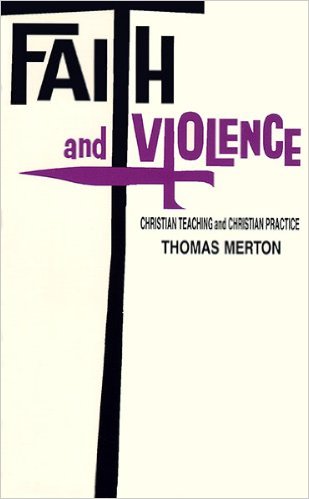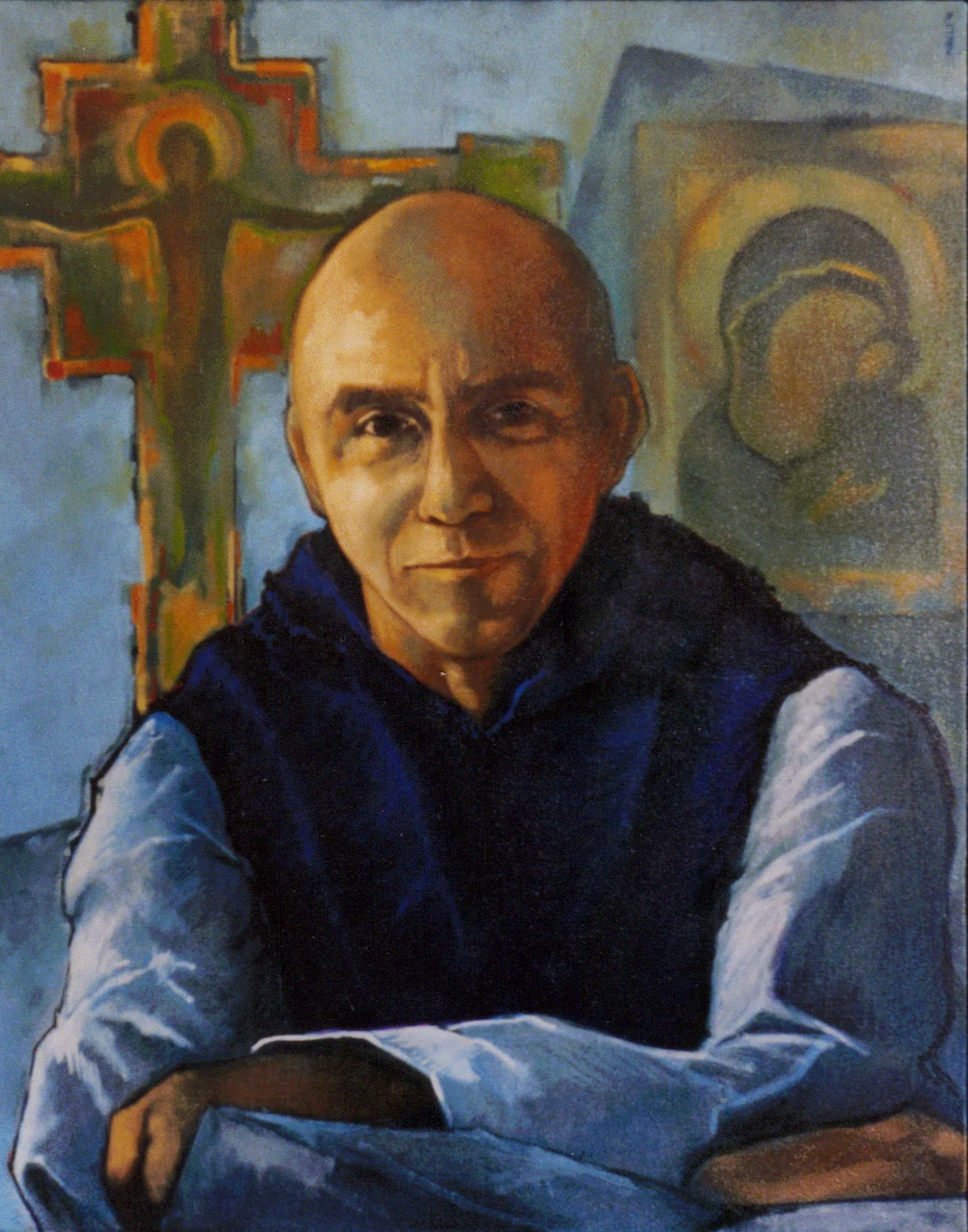Merton on Faith: A Narcotic Dream or an Awakening?
One of the most important books I have ever read is Thomas Merton's Faith and Violence. In it, Merton talks about racism, war, radical faith, and the "death-of-God" movement. It hits at the core of some really important questions all people of faith should ask. Written in the 1960s, it is a call for the Church to respond to the very same issues that still plague our society today. Its primary purpose, according to the back cover, is to ask whether faith and violence can exist together. On obedience, establishment, and violence, Merton says...
“I do believe that the Christian is obligated, by his (sic.) commitment to Christ, to seek out effective and authentic ways of peace in the midst of violence. But merely to demand support and obedience to an established disorder which is essentially violent through and through will not qualify as ‘peace-making.'”
For many of us, faith operates like a kind of drunkenness that allows us to go throughout life without ever becoming aware and owning up to our own complicity in the injustice in the world around us. Merton, on the other hand, is calling for a faith that is honest, a faith that is not afraid of being vulnerable, a faith that doesn't seek to justify itself, a faith that longs for freedom for everyone. "Freedom," Merton explains, "cannot retain its meaning if it continues to be only freedom for some based on the violent repression of others."
 The following is the parable that serves as the preface to Faith and Violence, suggesting that at the heart of Christian disagreements about violence is a misunderstanding of the nature of faith.
The following is the parable that serves as the preface to Faith and Violence, suggesting that at the heart of Christian disagreements about violence is a misunderstanding of the nature of faith.
The Hassidic Rabbi, Baal-Shem-Tov, once told the following story. Two men were traveling through a forest. One was drunk, the other was sober. As they went, they were attacked by robbers, beaten, robbed of all they had, even their clothing. When they emerged, people asked them if they got through the wood without trouble. The drunken man said: “Everything was fine; nothing went wrong; we had no trouble at all!”
They said: “How does it happen that you are naked and covered with blood?” He did not have an answer.
The sober man said: “Do not believe him: he is drunk. It was a disaster. Robbers beat us without mercy and took everything we had. Be warned by what happened to us, and look out for yourselves.”
For some “faithful”— and for unbelievers too— “faith” seems to be a kind of drunkenness, an anesthetic, that keeps you from realizing and believing that anything can ever go wrong. Such faith can be immersed in a world of violence and make no objection: the violence is perfectly all right. The drunkenness of this kind of faith— whether in a religious message or merely in a political ideology— enables us to go through life without seeing that our own violence is a disaster and that the overwhelming force by which we seek to assert ourselves and our own self-interest may well be our ruin.
Is faith a narcotic dream in a world of heavily-armed robbers, or is it an awakening?
Is faith a convenient nightmare in which we are attacked and obliged to destroy our attackers?
What if we awaken to discover that we are the robbers, and our destruction comes from the root of hate in ourselves?
From the Preface to Faith and Violence: Christian Teaching and Christian Practice (Notre Dame Press:1968).

